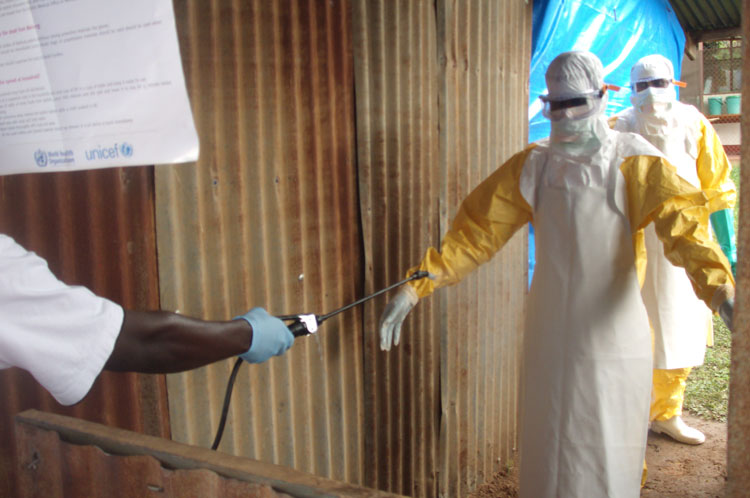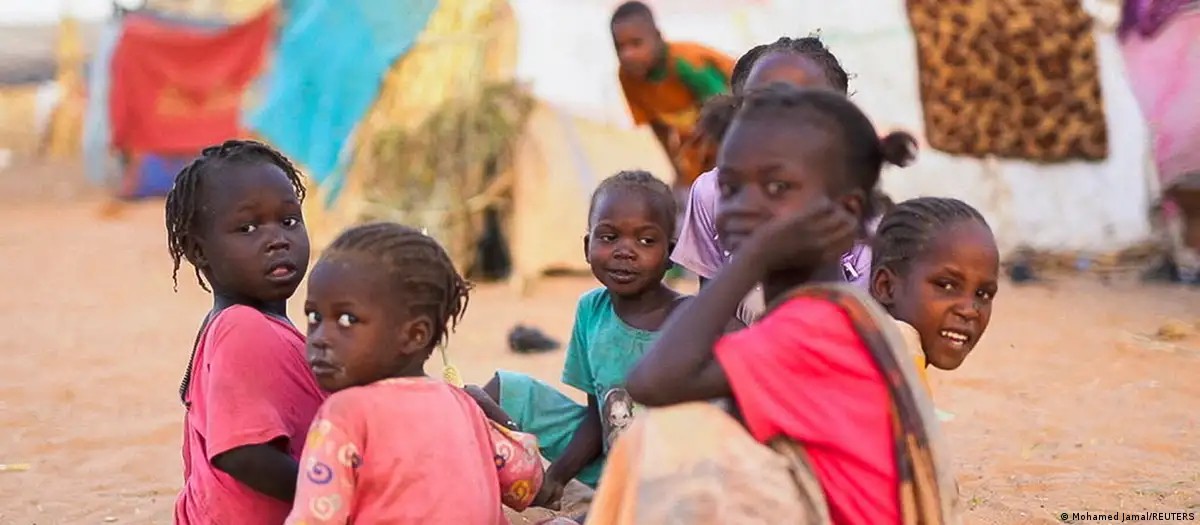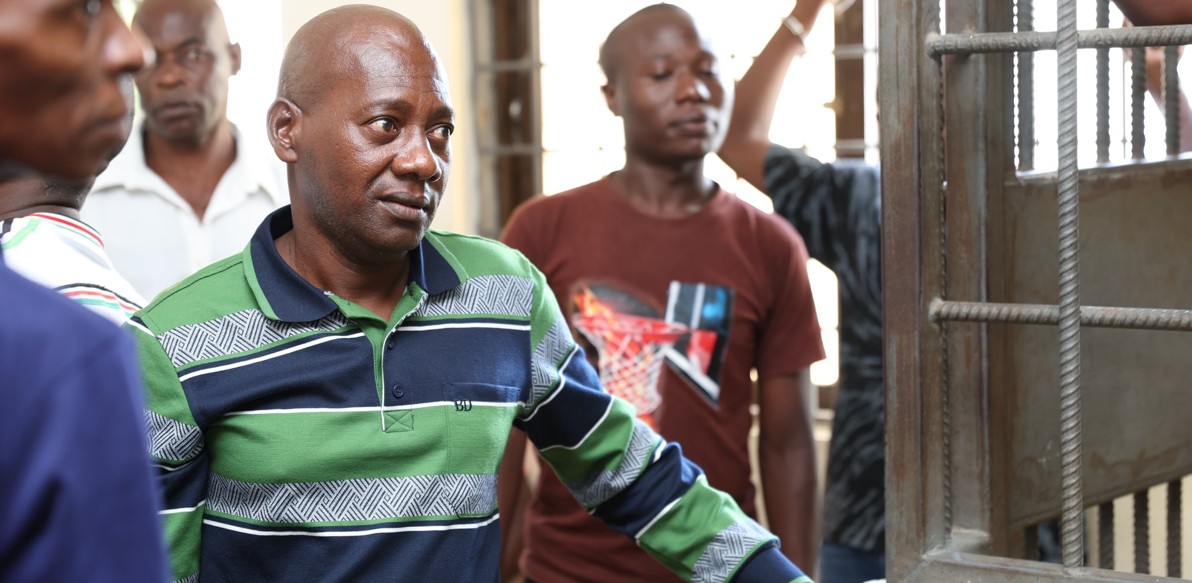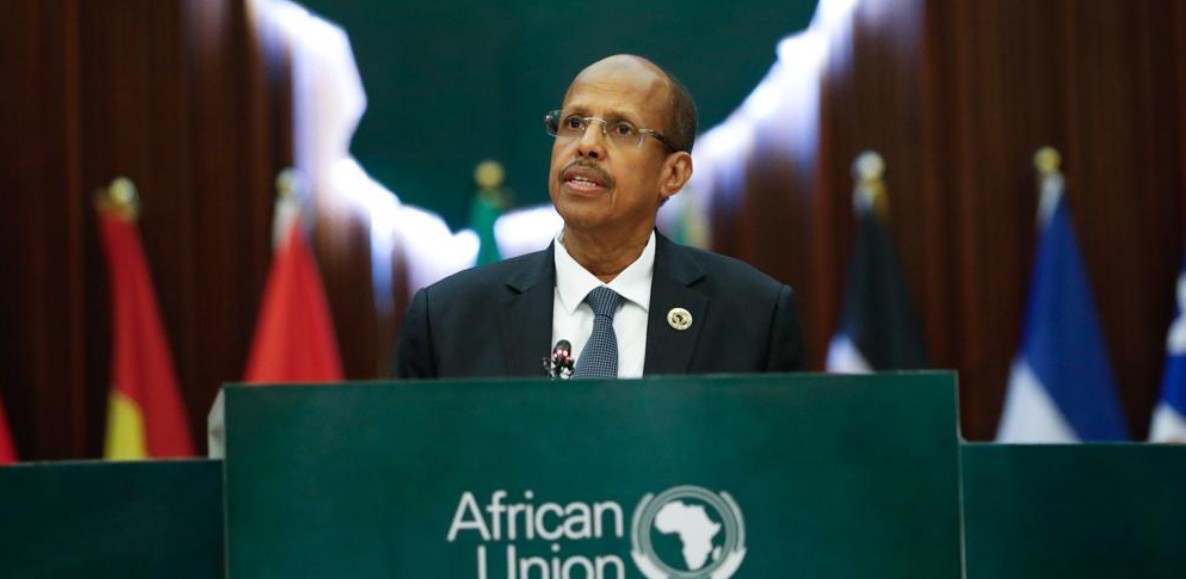Ethiopia probes suspected viral haemorrhagic fever outbreak in Southern Region

Eight people, including health workers, have reportedly fallen ill.
Ethiopian health authorities are investigating a suspected outbreak of viral haemorrhagic fever (VHF) in the country’s Southern Region, where eight people, including health workers, have reportedly fallen ill.
The World Health Organisation (WHO) is working closely with Ethiopia’s Ministry of Health, the Ethiopian Public Health Institute, and regional health authorities to contain the outbreak and prevent further spread.
More To Read
- WHO says DRC could declare end of Ebola outbreak by December
- Last Ebola patient discharged as WHO starts countdown to end DRC outbreak
- Ebola spread slows in Southern DRC, no new cases reported in 10 days
- There’s a new outbreak of Ebola in Africa. Here’s what you need to know
- WHO begins Ebola vaccinations in DRC’s Kasai Province amid first outbreak in three years
- WHO delivers emergency supplies as new Ebola outbreak hits DR Congo’s Kasai Province
Viral haemorrhagic fevers are highly infectious diseases that can be life-threatening, making rapid detection and containment critical.
In a statement, WHO emphasised the importance of rapid action in suspected VHF cases.
“All cases of acute viral haemorrhagic fever syndrome, whether single or in clusters, should be immediately notified without waiting for the causal agent to be identified,” the organisation said.
Viral haemorrhagic fevers are a group of epidemic-prone diseases caused by several distinct families of viruses, including Ebola and Marburg virus diseases, Lassa fever, and Crimean-Congo haemorrhagic fever. Symptoms vary by type but often include marked fever, fatigue, dizziness, muscle aches, weakness, and exhaustion.
WHO has deployed a multi-disciplinary team of 11 technical experts to the affected towns to assist with outbreak investigation, disease surveillance, laboratory testing, infection prevention and control, clinical care, and community engagement.
Essential medicines and personal protective equipment (PPE) for health workers have been sent to support patient care and reduce the risk of further transmission.
Laboratory samples from the suspected cases have been sent for testing at the Ethiopian Public Health Institute to determine the exact cause of infection.
To provide immediate support, US$300,000 (approximately Sh38.7 million) has been released from WHO’s Contingency Fund for Emergencies.
WHO offices in Ethiopia and neighbouring South Sudan are collaborating closely to prevent potential cross‑border transmission and are ready to scale up support as needed.
"WHO is ready to scale up support, as and when needed. I commend Ethiopian health authorities for their timely sharing of information and quick response and offer WHO's full support," said Dr Tedros Adhanom Ghebreyesus, Director-General of the World Health Organisation.
Top Stories Today












































